You Aren't Lazy, You Are Scared.
When someone says you're lazy, they're not just questioning your effort. They're questioning your character. But I’d bet most of the time, you're not lazy, you're just scared.
I’m sure you’ve heard this one before.
“Stop being so lazy.” But "lazy" hits different than when you were a teenager.
When someone says you're lazy, they're not just questioning your effort. They're questioning your character. But I’d bet most of the time, you're not lazy, you're just scared.
Burnout, procrastination, avoidance, they're all convenient labels. But beneath these behaviors is usually a quieter, messier truth: fear.
Fear of failure. Fear of wasting your time on something that won't matter. Fear that even if you do try your hardest, it'll never be enough.
I've been there plenty of times, and I'll tell you honestly, it still happens. I avoid editing podcast episodes for days, not because I don't enjoy it, but because the thought of it not turning out exactly how I want gives me anxiety.
I'd rather not face the potential disappointment, so I just... don't start.
It's easier to scroll mindlessly through social media, promising myself "just five more minutes," than to face the possibility of putting hours into something and having it flop.
I watch my daughter Maddie wrestle with it too, in her own toddler-sized battles. Like when she's hesitant to build something with blocks because the last tower fell down. "I can't," she says, eyes welling up. She's not lazy, she's scared it'll topple again.
We don't outgrow that feeling. We just become better at hiding it behind busyness or claiming exhaustion. Next time you're stuck, feeling like you're just lazy or unmotivated, take a step back and ask yourself: what am I actually afraid of here?
Recognizing fear makes it manageable. It turns an overwhelming emotional cloud into something concrete you can face.
But recognizing fear is just the first step.
The next question is, how do you start confronting it when your instincts scream to do anything else? Let's dive into the disguises fear wears and how to see through them.
We all wear the mask.
Avoidance has a lot of disguises, each more convincing than the last. Sometimes it's "just one more episode" of your favorite show, knowing full well it'll turn into two or three. Other times, it's cleaning your house obsessively to avoid starting a project, rationalizing that at least you're "doing something productive."
I’ve cleaned my entire workspace before sitting down to write, claiming that I need the perfect environment to be creative. But honestly, that's just fear whispering to me that what I produce might suck.
So I avoid the blank page, delaying the inevitable confrontation with my insecurities.
Maddie's version of avoidance is even simpler, but just as profound. She'll start dancing around the living room, giggling, making faces, anything to distract from the frustration she feels about a puzzle that's just not clicking.
She laughs through it, but I see the tension in her small shoulders. It's easier for her, just like it's easier for us, to deflect rather than face the challenge directly.
Burnout isn’t just a buzzword.
We talk a lot about burnout these days. It's become a buzzword that's both real and misunderstood. Burnout isn't just exhaustion from working too much or too hard. It's often the emotional weight of feeling you're trapped in a cycle of failure or inadequacy.
For a long time, I thought I was simply overworked. But even when I cut back my workload, the burnout didn't magically disappear.
Why? Because it wasn't just about hours logged, it was about the constant fear of inadequacy lurking beneath my work.
I worried that if I wasn't constantly producing, I'd fall behind.
The fear of irrelevance or failure kept me in a perpetual state of tension.
Burnout is exhausting because fear is exhausting. Constantly battling an invisible enemy takes a toll far beyond physical tiredness.
How to recognize the fear behind "laziness.”
Start noticing patterns in your avoidance. Ask yourself:
What am I feeling when I avoid tasks?
What specific fear am I running from?
How realistic are these fears?
When I finally confronted my podcast editing anxiety, I realized my fears weren't about the work itself, but about people's reactions. Would listeners enjoy it? Would they judge my editing skills? Would my vision match their expectations?
Identifying those fears made it possible to address them directly. I started editing in smaller segments, celebrating minor victories, and reminding myself why I create content in the first place: because it's meaningful to me, not because it needs to meet some imaginary standard.
Small steps lead to bravery.
Addressing fear doesn't have to be dramatic. You don't need massive breakthroughs to start moving forward. It’s enough just to acknowledge the fear, label it, and take tiny steps anyway.
Maddie eventually built another tower, cautiously placing each block with quiet determination. It wasn't the tallest or the strongest structure, but it stood, and she smiled proudly.
That little triumph matters because it's proof that fear doesn't get the final say.
We can do the same thing. We start small. Write one sentence. Edit one clip. Send one email. Celebrate these tiny acts of bravery, because they’re evidence that fear doesn't control us completely.
What small steps can you take today to address your fears?
You're stronger than you think.
So remember, you're not lazy. You're human, navigating hidden fears and insecurities. Recognizing and admitting that takes courage in itself.
Keep naming the fear. Keep taking small steps forward.
Eventually, you'll see laziness for what it is: just fear wearing an outdated mask.
And once you do, you'll realize you were never truly lazy.
You've always been brave, just learning how to show it.




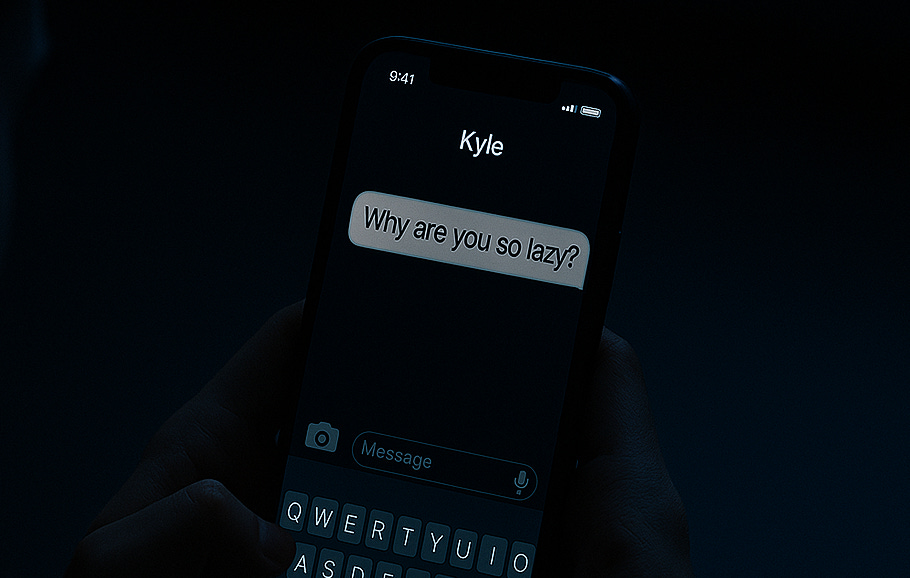
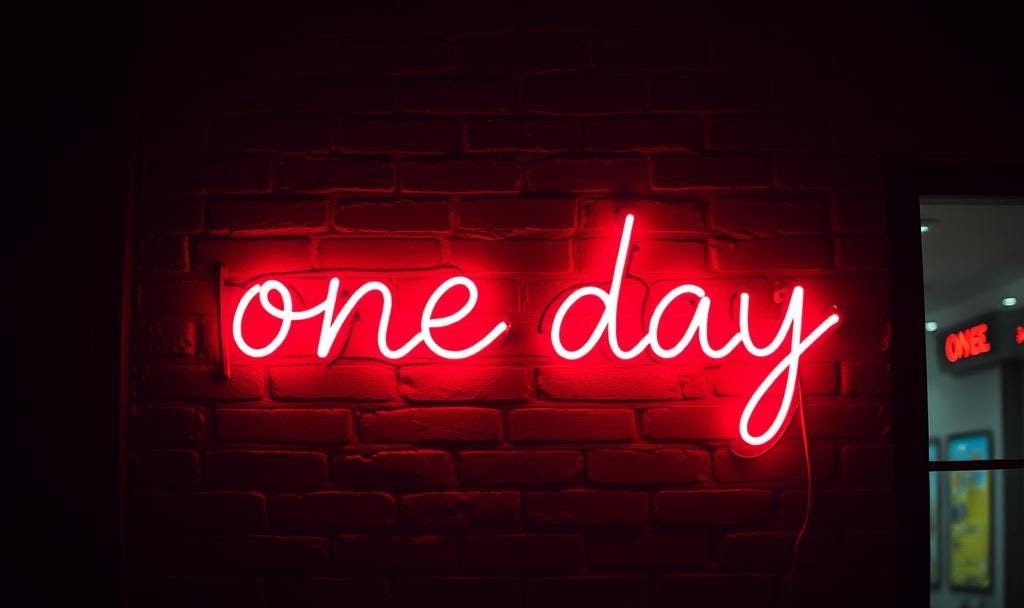
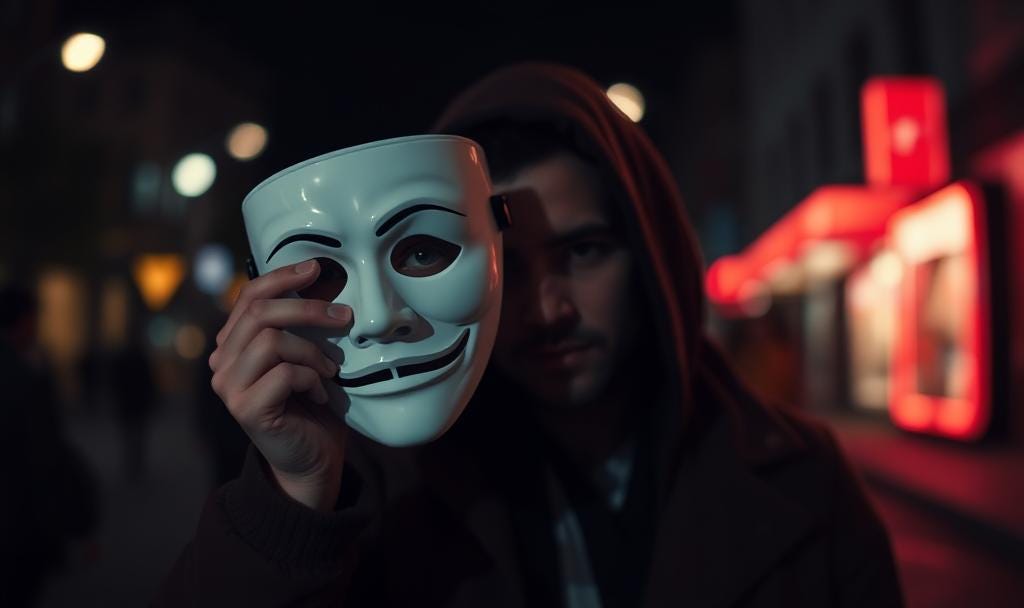

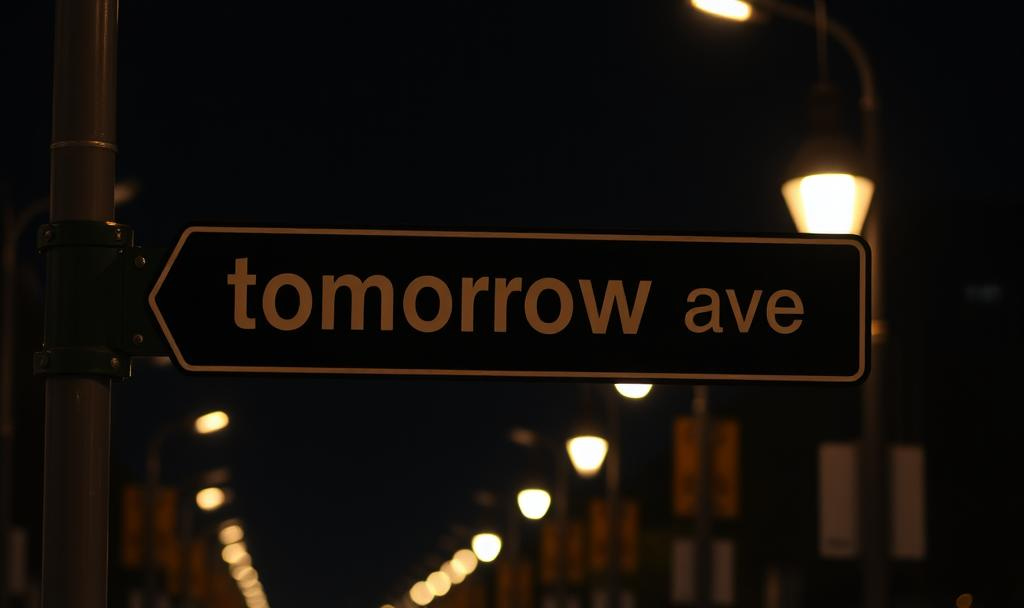

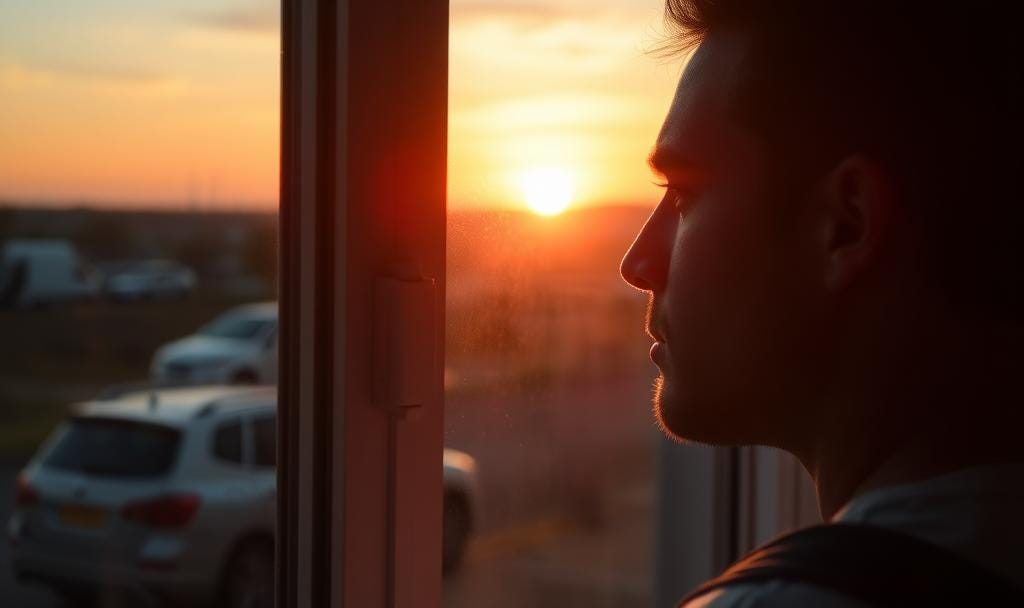
This is very helpful and encouraging! Thank you